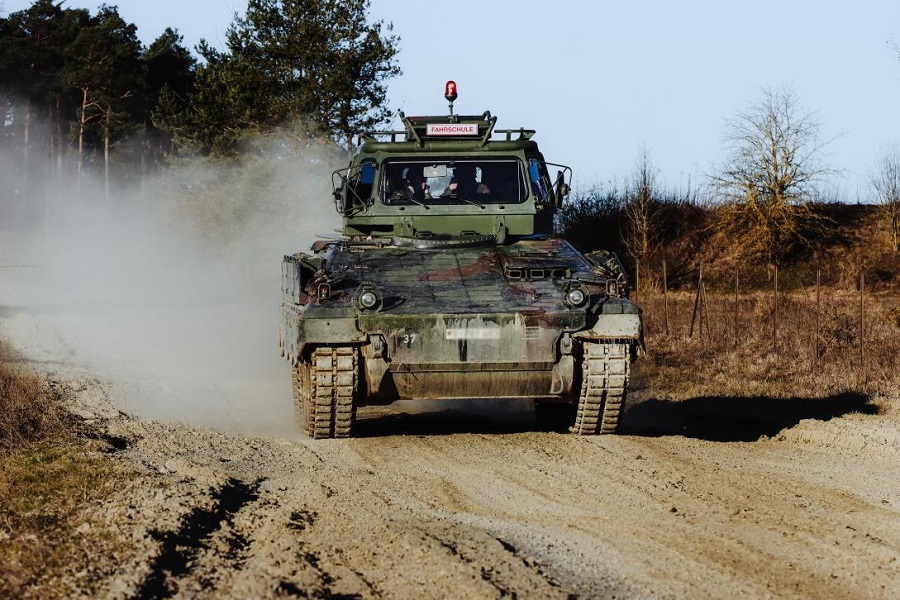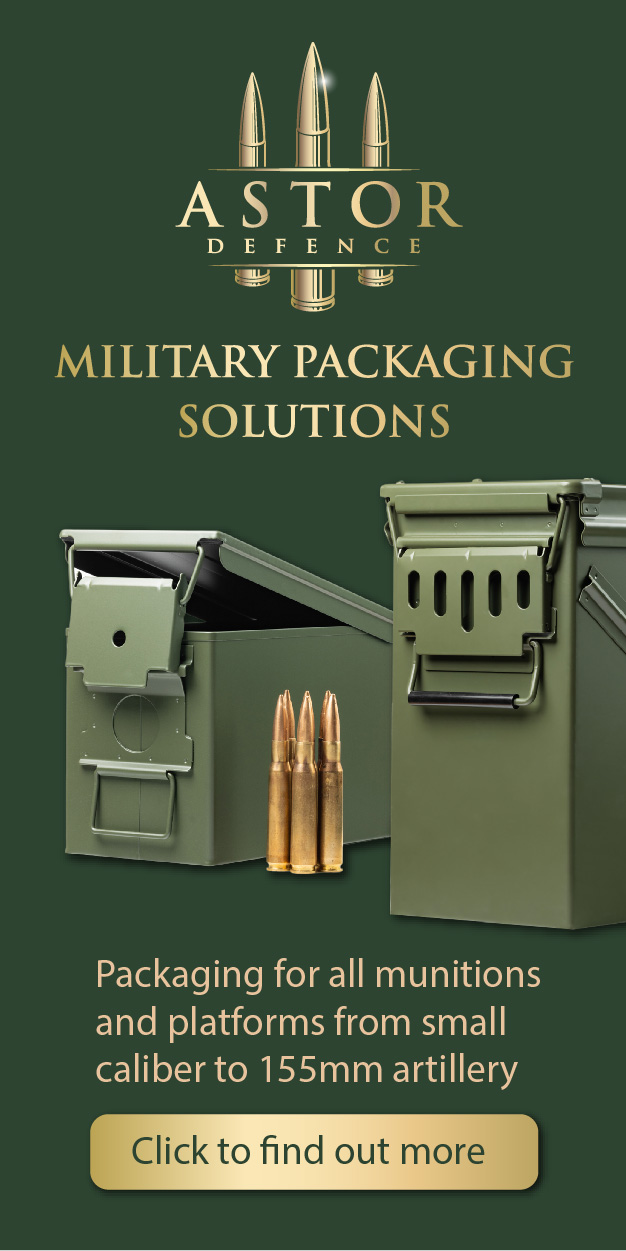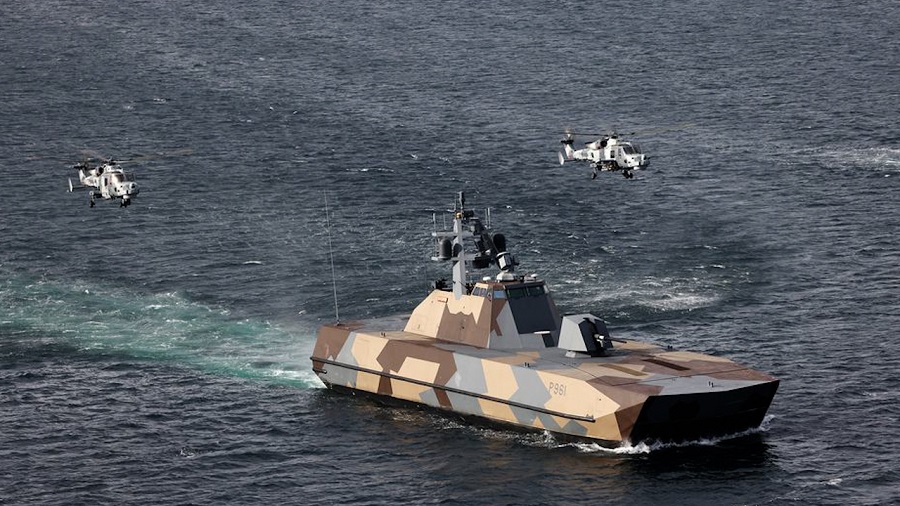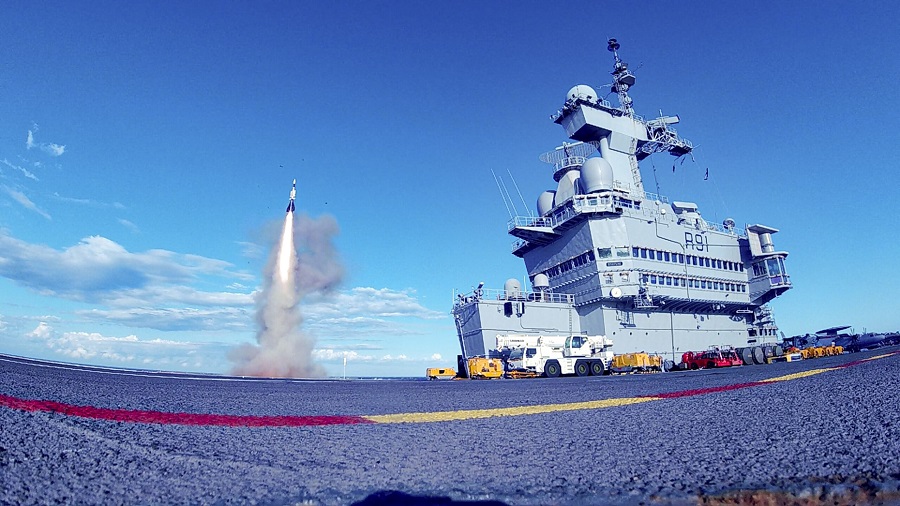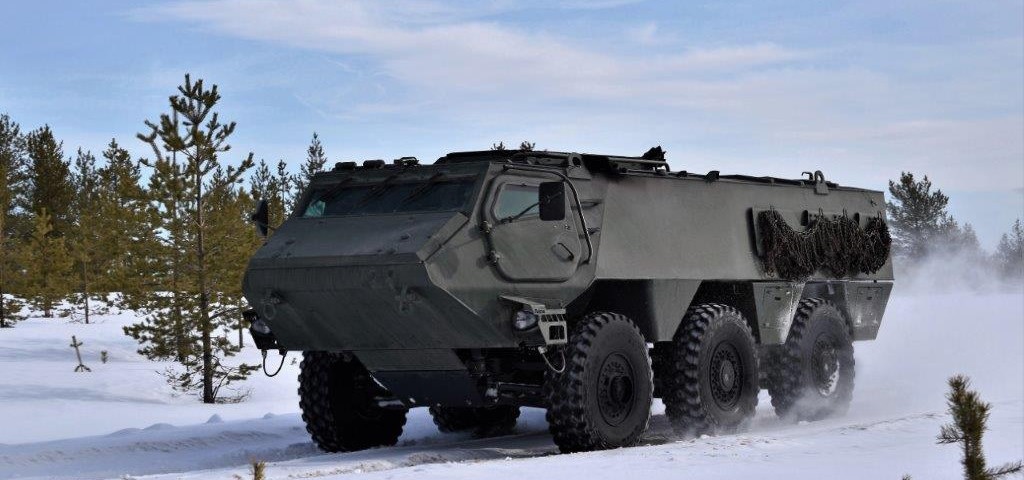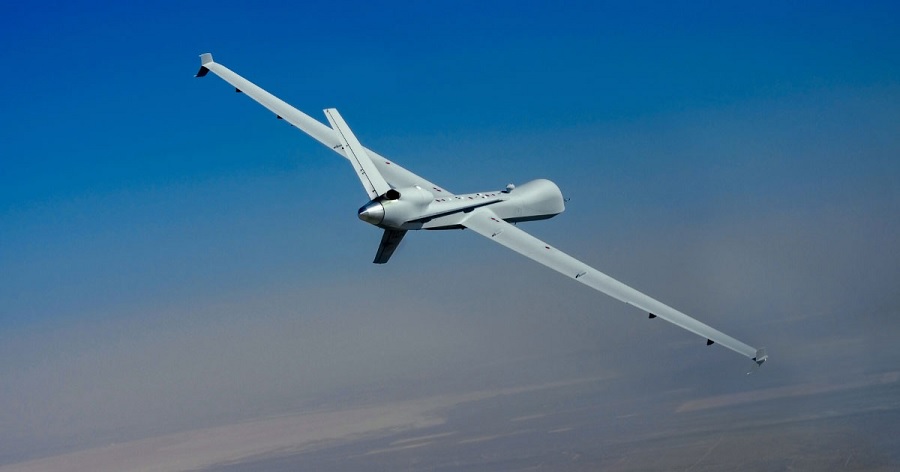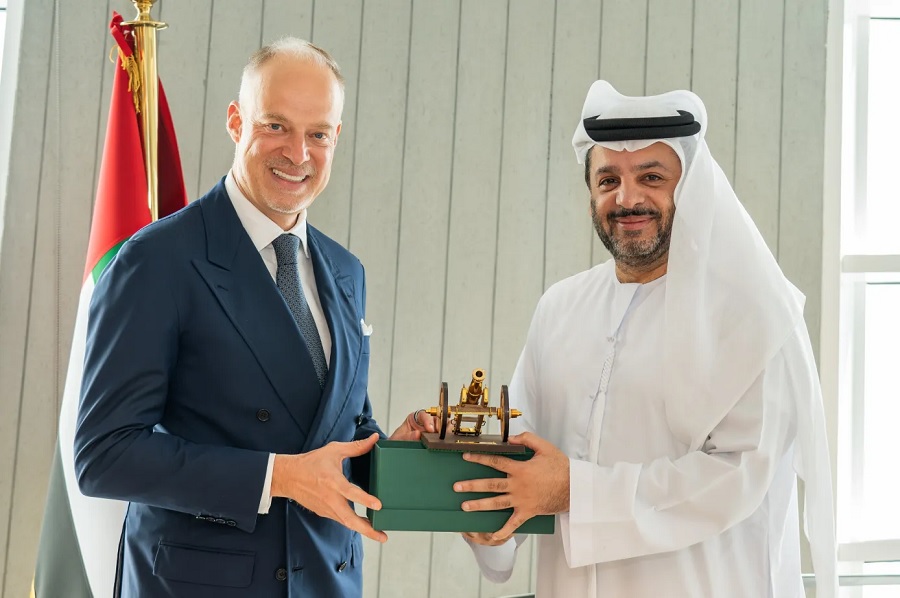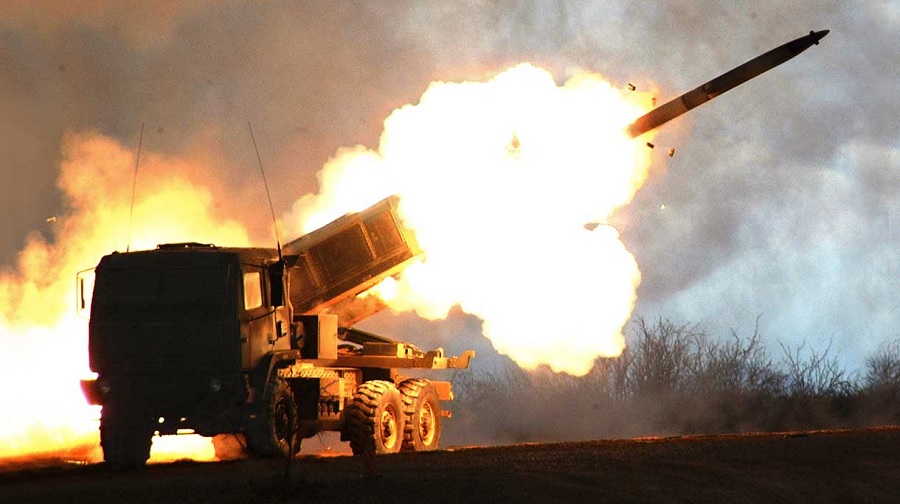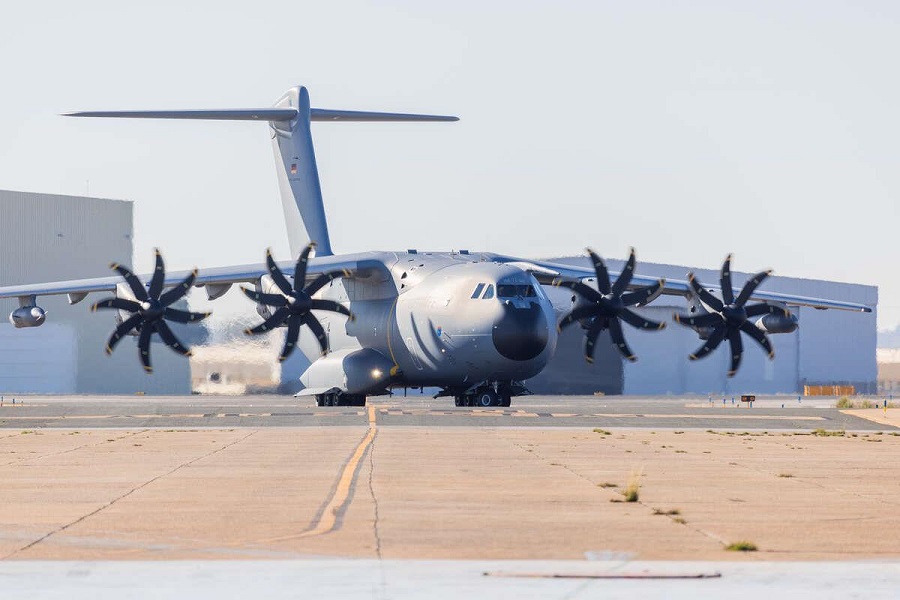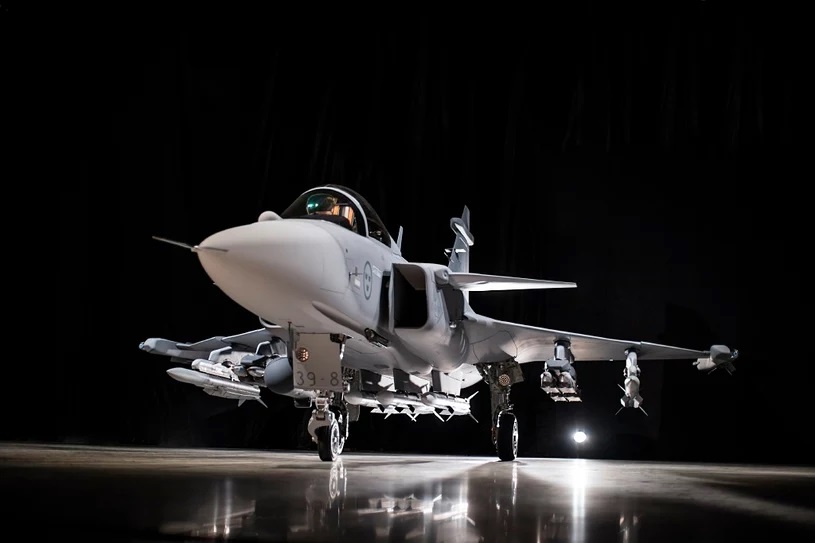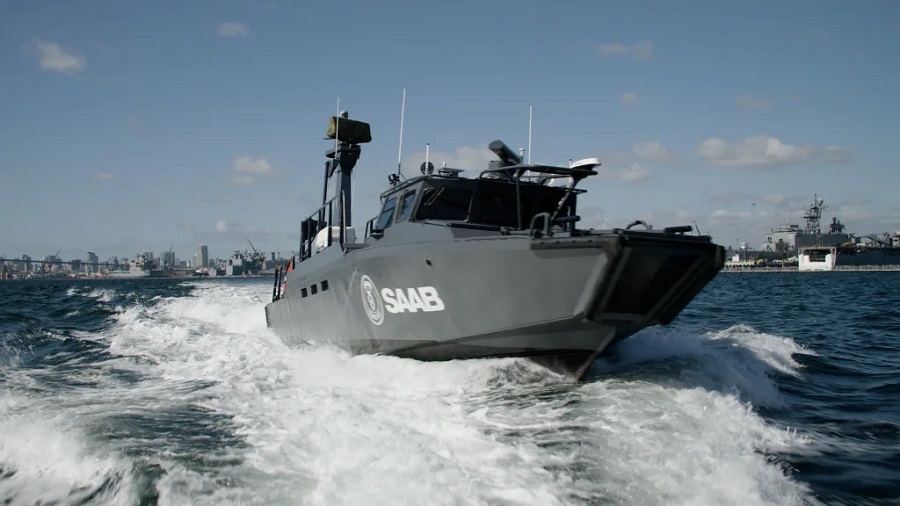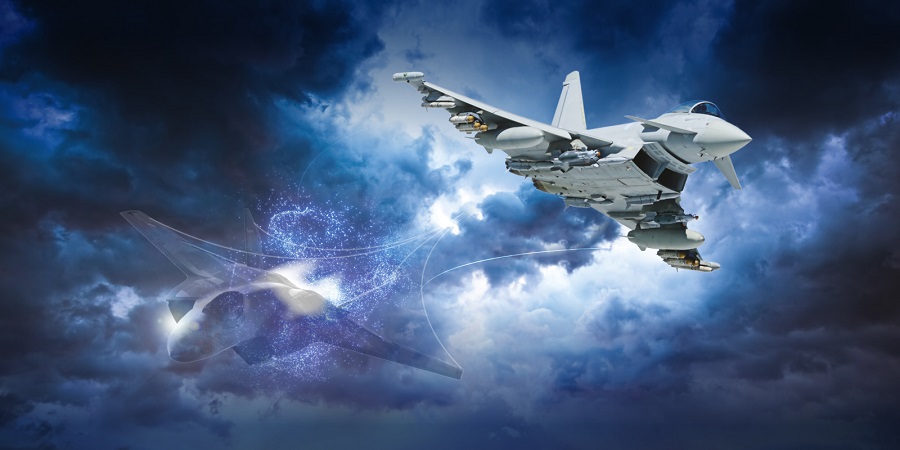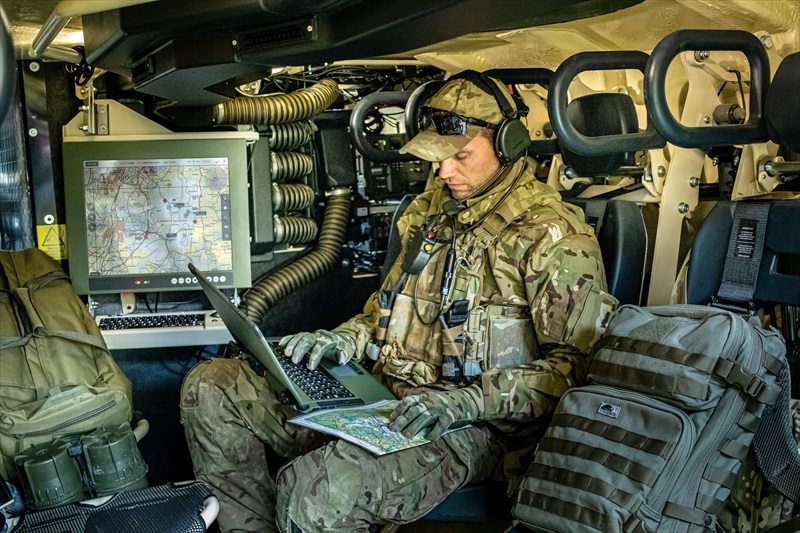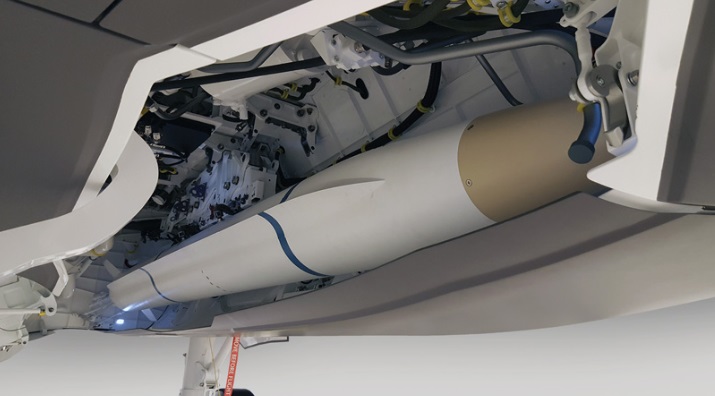Bump courses, water holes, stairs – the driving instruction area of a training area in central Germany offers many opportunities for future drivers of vehicles such as the Marder AIFV, the Dingo all-protected carrier vehicle or the Wiesel weapon carrier to learn how to handle these vehicles. Normally, German military personnel are trained here. Now, however, the driving instructors are working with members of the Ukrainian armed forces who are being trained on the Marder AIFV for their deployment as vehicle drivers. Last year, about 100 of these vehicles were provided to support Ukraine in its fight against Russia’s aggression.
Teaching what really matters on the front
Equipped with a 20 mm automatic cannon, the MILAN antiarmour system and an MG3 machine gun, the Marder has proven its worth as an armoured infantry weapon system since the 1970s. At the same time, the Marder’s operational effectiveness in combat primarily depends on how precisely the Ukrainian armoured infantry can use this complex weapon system. “Because the training period is short, we have to prioritise and teach them the things that really matter for drivers on the front”, explains the head of training. For that reason, the participants mainly focus on gaining driving experience on roads and in terrain in the just under two weeks of training.
From theory to practice
In the first days of training, the future drivers start by getting to know the Marder all over again: theoretical training and technology are on the agenda. In an emergency, they must also be able to fix basic technical problems on their own and respond to error messages appropriately. One important element is the Marder’s emergency operation systems that allow the vehicle to be operated even without power. In the simulator-based training, the participants then gain familiarity with the vehicle’s controls and can practise various scenarios under safe conditions. After that, it is time to put what they have learned into practice on the road and in terrain.
Practising until the final examination
Interpreters play a particularly important role in the conventional driving lessons because they have to translate the instructors’ commands quickly and precisely during the drive. Basic driver training for German Marder drivers is primarily conducted with the trainees’ heads above the hatch. The Ukrainian military personnel, however, practise driving “below hatch” as soon as their training level permits. Visibility is very limited in this position. All they have is the periscopes. Nevertheless, this is the only way to protect the driver from fire during combat because the driver’s hatch is closed during movement. Day after day, the trainees practise handling the vehicle until they ultimately have to prove their abilities during the final examination.
Motor vehicle training for Ukrainian military personnel also requires flexibility and dedication from the instructors in terms of language and the training schedule. While some participants have already been trained on Soviet AIFV models such as the BMP 2, others have hardly any experience with these vehicles. “Despite the differences in prior knowledge, we do our best to ensure that everyone ends up with the same level of knowledge and roughly the same capabilities”, explains one driving instructor. Right after this, the vehicle drivers will join their fellow soldiers to learn basic tactical principles for deployment as an armoured infantry section or platoon. Not long after, they will return to the front and fight for their country as armoured infantry.
Source: EUMAM Ukraine.


